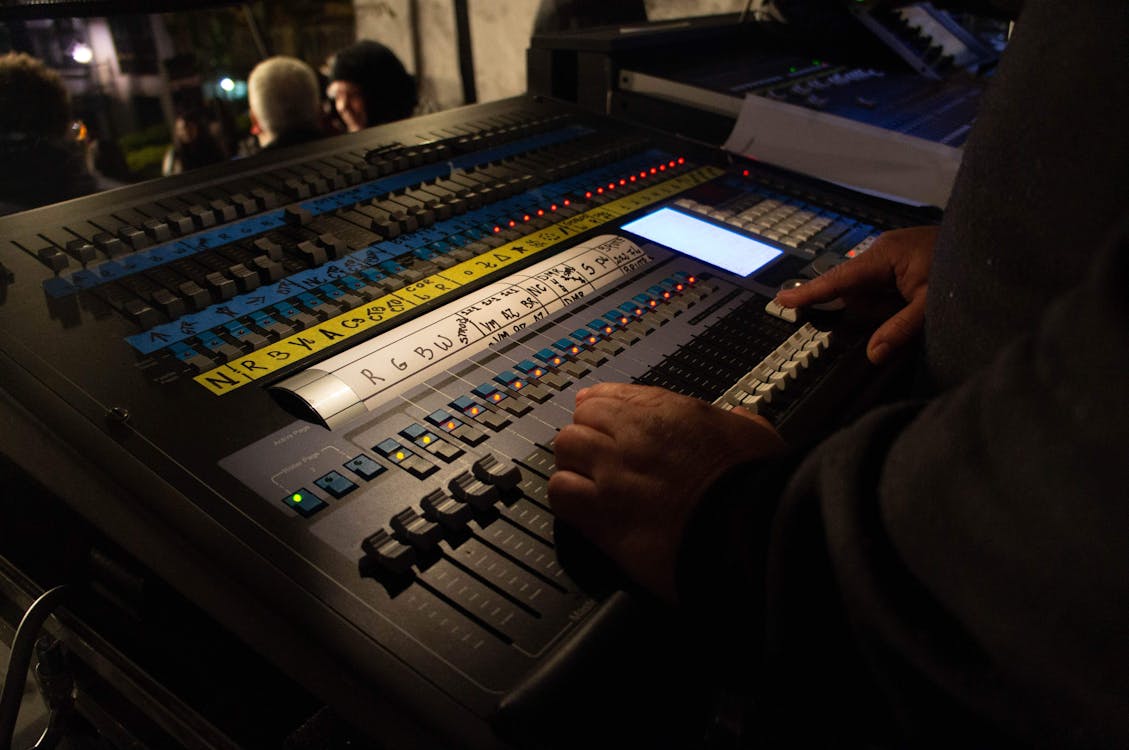Table of Contents
Virtual events will likely become the “new normal.” Identifying the typical roles of virtual event production managers will prepare you for the inevitable changes. By understanding these roles, you will be better positioned to make the events successful. Additionally, if you’re considering implementing a virtual event platform, you can use Accelevents to provide virtual event support.
Developing a healthy thought-out support plan for a virtual event production manager
Before launching a virtual event, you need to determine what goals your event will serve. This will help you identify key performance indicators (KPIs) to measure the event’s effectiveness. You should also review the data and insights from the virtual event after it has taken place. Finally, the costs and benefits of virtual events must be weighed and compared, including direct fees and indirect expenses, attributed revenue, brand equity, and knowledge exchange.
Unlike a live event, a virtual event has different scheduling needs. You must start on time and keep delegates, and avoid viewers. A production planner from virtual event production services should be able to work within a virtual event’s constraints and adhere to best practices. For virtual events, the challenge is to drive meaningful connections between viewers. Consequently, many virtual events end up as live video streams with a little social element.
A virtual event production manager should also have excellent data analysis and listening skills. This person should constantly analyze analytics to maximize ROI and improve virtual events. For example, data can provide insight into what content is engaging, how long attendees are online, and what networking groups are more likely to succeed.
Developing a partnership with a virtual event producer
Virtual events are becoming a popular form of promotion. Developing a virtual event producer partnership can help you take your promotional efforts to the next level. Unfortunately, most companies need the proper hardware or staff to make virtual events successful, and the wrong promotional copy can drive away potential attendees. The production team is also essential to a virtual event’s success; they can help you choose the best equipment and crew.
A virtual event production manager also works with other teams to deliver the event. This includes the production team for the event content, management, and show caller, similar to a broadcast television show caller. In addition, the virtual event production team coordinates the technical aspects of the event and ensures that it’s executed properly. The event tech is often in-house or contracted through a virtual event platform company. Finally, the production manager oversees the event’s capacity, run-show testing, and any problems with power.
Virtual events are a great way to connect with a global audience. They are more cost effective than traditional methods of communication and can be more engaging than in-person events. Additionally, virtual events allow for better user data and reach than conventional events.
Building a team for event planning
Virtual events have many moving parts, and you will need a team of professionals to help you pull them together. To ensure the success of your virtual event, choose a reliable technology platform and hire a professional staff. Also, make sure your presenters are well-trained and prepared. Your marketing team can help cultivate sponsorships and develop marketing materials, while your sales team can help you identify qualified leads.
Virtual events require the same preparations as in-person events, but you will have more participants and a shorter timeline. This will allow you to plan and anticipate the activities you will handle before, during, and after the event. If you’re running a virtual event, the planning process will be quicker and more accessible, so make sure to get the team together early.
The types of staff you will need will vary depending on the size and scope of your virtual event. For example, if you’re planning a small-scale meeting, the staffing plan will look very different from a multi-day conference or an awards dinner. Your staffing plan should consider these differences and determine the roles each person should have. Even if your virtual event is small, you may need to hire specialized professionals to ensure everything runs smoothly.
Working with a virtual event platform
Working with a virtual event platform provides many benefits to event organizers. First, it allows the collection of all relevant data about attendees and registrations in one place. Second, the technology enables integration with CRM systems and marketing automation software. Finally, the integration helps you jump on leads faster and analyze essential insights.
Third, it helps to have a good understanding of technology. A virtual event production manager will know how to choose the best webinar software for the project and ensure that the recording process is smooth and error-free. This role is crucial in helping a business to create a high-quality virtual event that is professional and credible. An experienced producer will also make promoting and marketing the virtual event easier.
Unlike physical events, a virtual event can be hosted at any time of day or night. It can even extend over multiple days, which allows event organizers to distribute the benefits over a more extended period. In addition, it is possible to leave a virtual event live even after the event is over so that attendees can access the content on demand.

